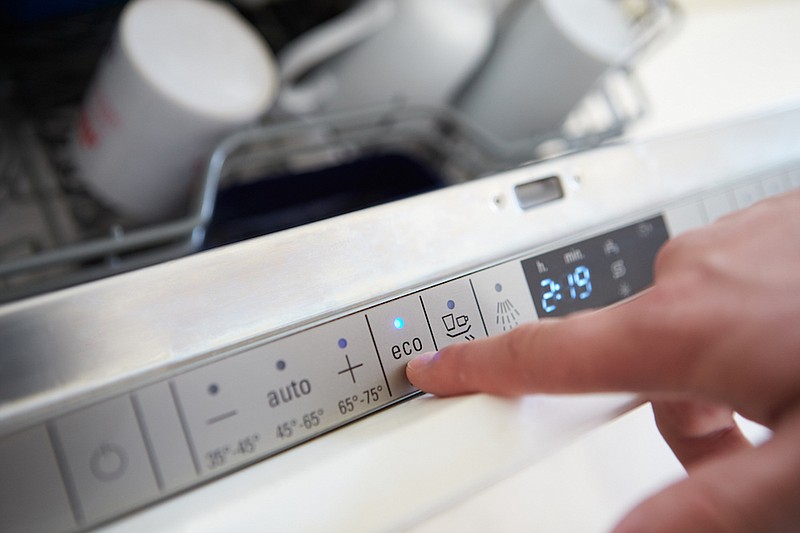If you're thinking about purchasing new appliances, now is a great time to "think green." Choosing energy and water efficient appliances for your home can have a significant positive impact on the environment and your monthly budget. By selecting a high-efficiency appliance over a conventional model, you can save on utility bills as well as avoid greenhouse gas emissions.
If you are in the market for a new refrigerator, washing machine, dishwasher, or other major appliance, your BBB suggests you follow these tips to find the green appliance that's right for you.
How and when to purchase green appliances
Assess your current energy use. Some older appliances are real energy guzzlers and could be costing you and the environment dearly. According to WorldWildlife.org, the average washing machine uses about 41 gallons of water per load, while energy efficient models use less than 28 gallons per load. In addition, today's dishwashers are 95% more efficient than those manufactured in 1972.
Do some research on your current appliances. The US Department of Energy's Appliance Energy Calculator can be found at energy.gov and can help you find out how much energy they use and whether it's worthwhile to replace any of them with an energy efficient model. GreenAmerica.org offers a guide that also provides tips on when to replace each type of appliance.
Review appliances' EnergyGuide label. The Federal Trade Commission (FTC) offers information on EnergyGuide labels at www.ftc.gov. These bright yellow stickers found on new appliances estimate the annual energy use and operating cost of an appliance. EnergyGuide labels are ideal for directly comparing the energy use of different appliance models when shopping in a store. Take advantage of them to choose the most efficient model for your home.
Look for ENERGY STAR labels. EnergyStar.gov says, "When you see a product that has earned the ENERGY STAR, it means it meets strict guidelines for energy savings set by the EPA. Only manufacturers that independently certify their product's performance are allowed to use it." The United States Environmental Protection Agency recommends using the ENERGY STAR label to quickly identify the most efficient options, and then the FTC's EnergyGuide label to compare your top options. These labels will help you choose appliances that save the most energy without sacrificing performance.
Take advantage of tax rebates for energy efficient appliances. Ask your utility company and your salesperson if low-interest loans, cash rebates, or other incentive programs are available for people who buy energy-efficient products in your area. Visit the Database of State Incentives for Renewables & Efficiency at dsireusa.org to research government and utility sponsored incentives that may be available to you as well.
Recycle your old appliances safely. Retire old appliances that use excessive amounts of energy by recycling, rather than donating them. The store where you purchase your energy efficient appliance may have a recycling program. If not, look for other options through the EPA's Responsible Appliance Disposal program at epa.gov/rad.
Once you've decided which appliance models are right for you, be sure to check out appliance dealers with BBB by visiting bbb.org or calling BBB's team at 423-266-6144. BBB's Business Profiles will offer you a BBB rating and the company's customer experience record for the most recent three years, among other things.
Warranty coverage vs. a service contract
When you buy a major appliance you may be offered a service contract. Although often called 'extended warranties', service contracts are not warranties. Warranties are included in the price of the product. Service contracts come separately from the product, at an extra cost. To decide whether you need a service contract, you should consider several factors: whether the warranty already covers the repairs that you would get under the service contract, whether the product is likely to need repairs and their potential costs, how long the service contract is in effect and the reputation of the company offering the service.
For more tips from your BBB, including how to "shop green" for clothing, please visit bbb.org/us/new.
Michele Mason is president of the Better Business Bureau in Chattanooga.
